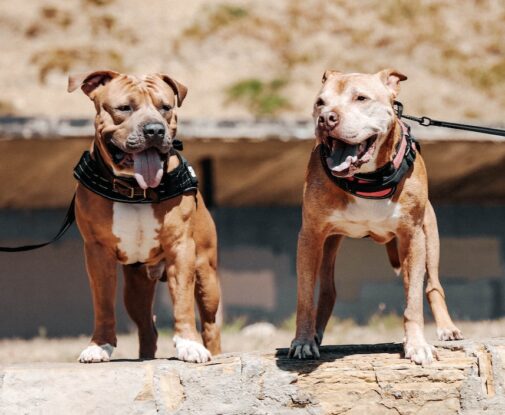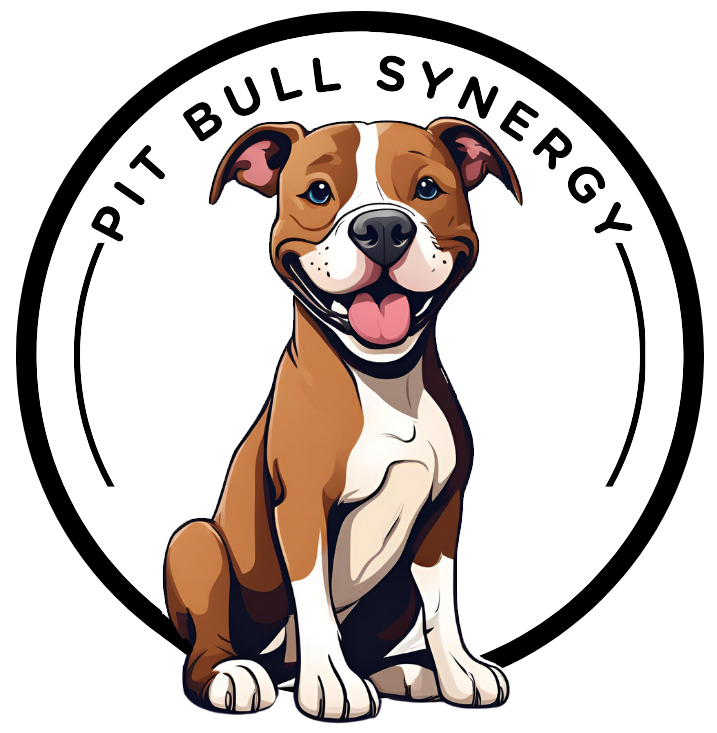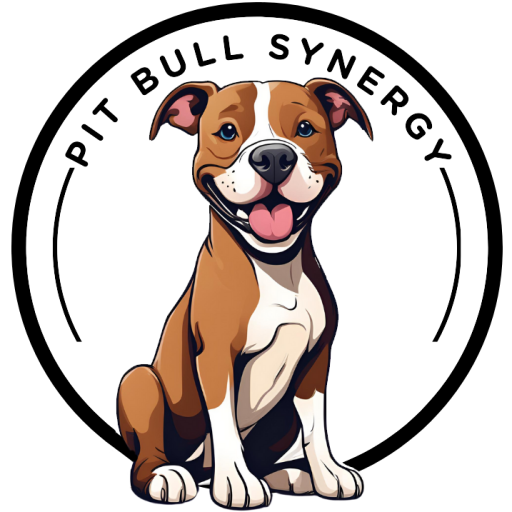menu
Multiple Dog Homes

Many pit bulls can and do live successfully with other dogs and animals. You simply need to understand what you need to do in order to keep your home safe.
It's important to make sure that any multi-dog household is
well-managed, but managing one with more than one pit bull can have its own challenges. Any dog can fight, but pit bulls have historically been bred to fight, with the drive, intensity and determination to win, and their strength and agility that make them capable. As fans of pit bulls know, determination is
one of their most notable traits and they have a tendency to put their hearts and souls into everything they do.
Choose the dogs for your household with caution
Select the dogs for your household with care. Take your time and choose wisely. Many pit bull fans feel that altered pit bulls of the opposite sex and different ages, a few years between, have the best opportunity for a happy partnership. Some dogs hit it off fantastically well with good chemistry right away, some take some time to create a bonding friendship and others will continue to have conflict with each other throughout their lifetime. That's not to say that same sex dogs can't live together happily, there certainly are those that do, but they could
potentially have more conflicts.
It does not matter how long you’ve lived with your dogs
It does not matter how long you've lived with your dogs and or how well you've socialized them, never trust a pit bull not to fight. Regardless of whether your dogs have ever shown aggression toward each other or other dogs, if you have a multiple dog home, you must use management and prevent fights to maintain the safety of your dogs.
Many pit bulls get along well with other pets and can coexist peacefully with other dogs
Many pit bulls get along well with other pets and may live happily with other dogs without any incident. But, you can't assume that this will always be the case. Unfortunately, those of us involved in the rescue of Pit Bulls, or on Pit Bull group chats, have heard many stories from families about dogs who'd been best friends for years, until the day something went wrong and triggered a fight. Therefore, it's up to you to manage your dogs and to keep them safe when you're not present.
All household members should be involved in management
All household members should be on board for management and should help in keeping them safe by monitoring the dogs and following household rules. Managing your dogs typically also means managing the people who interact with your dogs, letting them know any potential issues and reminding them to follow the rules.
Ensure all animals in your household are spay and neutered
Spay and neuter all animals in your home. Female dogs in heat and unaltered males tend to be more easily triggered and reactive than altered dogs. Unfortunately, shelters and rescues are already full of wonderful pit bulls and pit bull mixes, preventing unwanted litters really should be everyone's goal.
When you are unable to supervise them, manage them
Manage your dog's when you can't supervise them. Crate them or keep them in separate rooms. Many pit bull owners use a crate a
rotate routine. If your dogs respect gates you can use gates to keep them in separate areas. Many times you can stop small spats with a shout or intervention but if no one is there they can easily escalate to a dangerous fight. The last thing you want is a fight when no one is there to intervene.
Keep an eye on your dogs activities
Monitor your dogs' play. Don't let things escalate. There is such a fine line between over-arousal, excitement and aggression that stepping
in when you feel your dogs are becoming too aroused or too excited is an effective way of refereeing their play. Step in and separate them if you sense one is becoming too aroused.
Manage valuable rescources
Manage valuable resources. Never leave food, bones, toys or anything that one dog might feel is a valuable resource worth guarding laying
around. Supervise the chewing of bones and other high value items.
Keep an eye out for changes in dynamics
Be aware of changes in dynamics. Younger dogs coming into maturity, older dogs coming into their senior years with possible decline in
health. Pay attention to any small friction or different friction to stay ahead and keep transitions smooth.
Individual attention and training should be given to each dog
Each dog should have individual attention and training. This helps strengthen your bond with each dog and increases your control over that
individual dog. Meal times are great time to practice with a short session of basic obedience skills, like sit, down, look, wait or stay. Taking the dog out individually for a short walk, ride in the car or to play ball, or tug can help you bond with that dog further and increase their listening to you.
Teach each dog in your household to relax
Teach each dog in your household to relax, because excitability and arousal are common triggers for fights. Dogs who live in an excited state are much more likely to have dog aggression problems than dogs who are able to calm down and relax around each other.
Having multiple dogs can be an absolutely rewarding lifestyle for both humans and dogs alike. Being conscientious about management, possible conflicts, and dog's tolerance levels can keep dogs safe and enjoyable for all.

